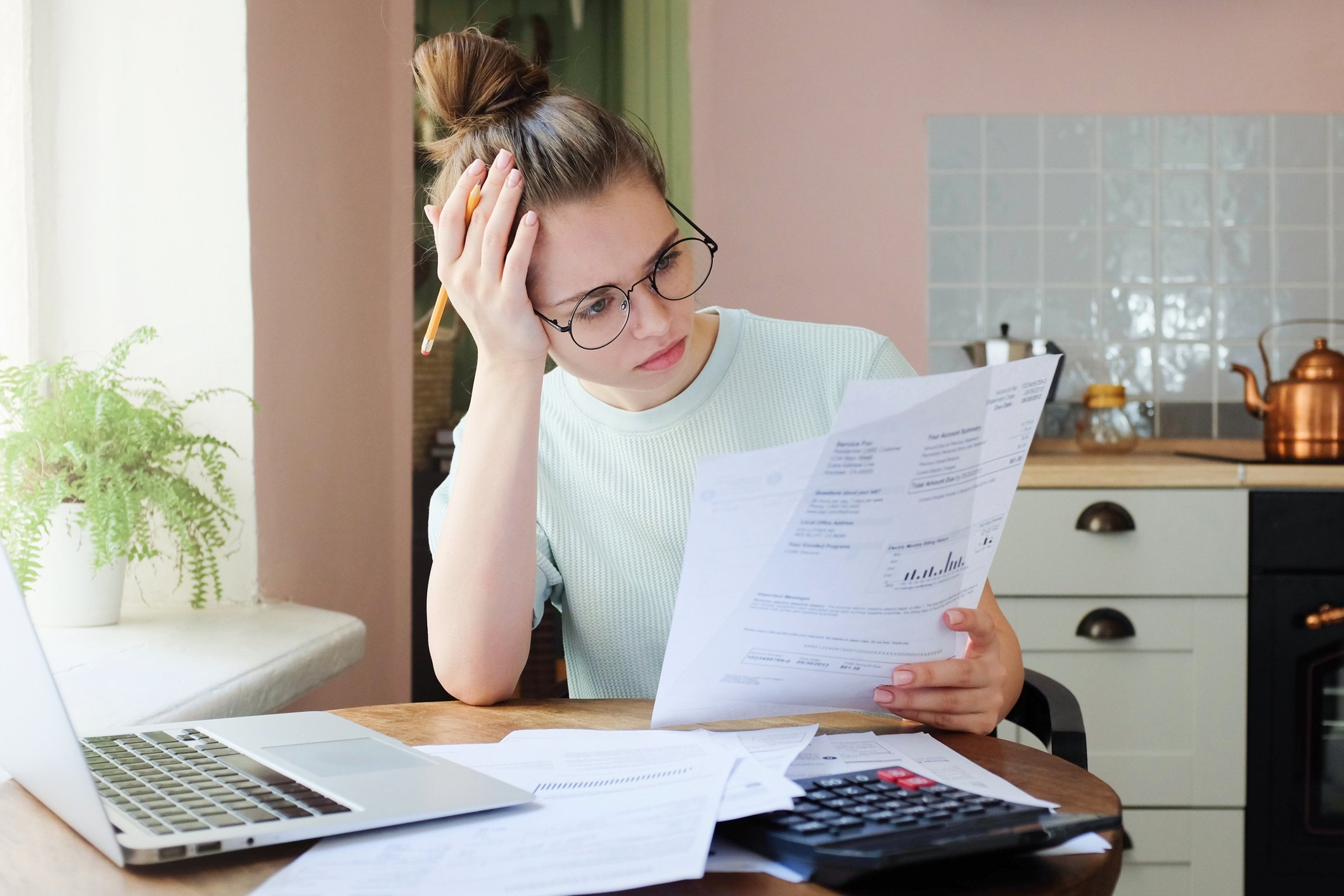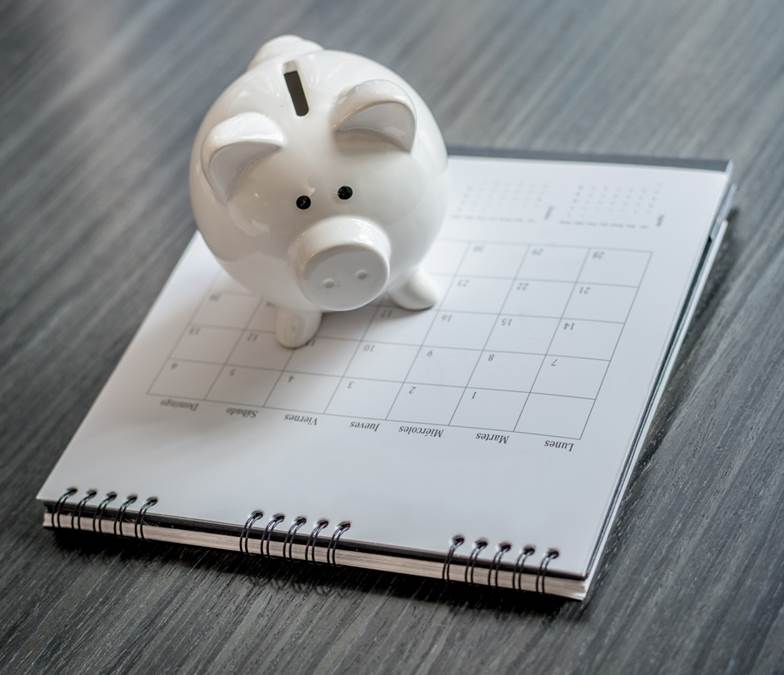When Should You Keep Your Old Bank Accounts Open?
Once you’ve successfully switched financial institutions, only one question remains—what do you do with your old bank account?

While the conventional wisdom is that you should close your old bank account after you’ve switched financial institutions or moved to a new city, the reality is that you don’t have to close your old account if you don’t want to. In fact, plenty of people keep their old checking and savings accounts open, and thanks to online banking, monitoring them is easier than ever. This does bring up an important question, though—when should you close old bank accounts?
There’s no one right answer to this question. However, there are some guidelines that can help you realize when it’s time to close an old checking or savings account.
One of the rules of having multiple checking and savings accounts is that you should know what each account is doing for you. If you don’t plan on actively using your old financial institution, you should ask yourself what the accounts at that institution are doing for you. If you can’t come up with a good answer, you should probably close the account.
 If you’re paying a monthly fee to keep your old account open, or a maintenance fee if your account balance dips below a minimum amount, close the account immediately. If you continue to keep the account open, at best you’ll be giving your old financial institution money that you could be saving or putting toward your financial goals. At worst, the monthly fee will drain your account balance and potentially even cause you to overdraw your account and get charged an overdraft fee.
If you’re paying a monthly fee to keep your old account open, or a maintenance fee if your account balance dips below a minimum amount, close the account immediately. If you continue to keep the account open, at best you’ll be giving your old financial institution money that you could be saving or putting toward your financial goals. At worst, the monthly fee will drain your account balance and potentially even cause you to overdraw your account and get charged an overdraft fee.
While having multiple checking and savings accounts offers a lot of advantages, the more accounts you have, the harder time you’ll have monitoring all of them. If you find yourself forgetting about the checking and savings accounts at your old financial institution, you should think seriously about closing the account.
While having multiple checking and savings accounts offers a lot of advantages, the more accounts you have, the harder time you’ll have monitoring all of them. If you find yourself forgetting about the checking and savings accounts at your old financial institution, you should think seriously about closing the account.
When you lose track of your accounts, you run the risk of getting hit with fees, you don’t expect if your account falls below the minimum balance. You also risk your old financial institution marking your account as inactive if you leave it alone for too long and sending any money you have in your old accounts to the State Treasury. The worst-case scenario, though, is if someone uses your old account to steal your identity and rack up charges to your account.
There’s nothing wrong with keeping old checking and savings accounts open. However, you need to make sure that those accounts are still useful to you. Otherwise, you might find yourself paying fees on your old accounts, or worse, discovering that someone has used your old account to steal your identity.
If you’re looking for a checking or savings account you’ll want to keep, become a member of First Alliance Credit Union today. We offer traditional checking and savings accounts with no monthly or maintenance fees, as well as the ability to maintain your account no matter where you are, thanks to our robust online banking platform and mobile app.

Once you’ve successfully switched financial institutions, only one question remains—what do you do with your old bank account?

When you open an account at a bank or credit union, you usually start off with one checking account and one savings account. For many people, those...
.jpg)
Short answer: usually yes. Credit scores track loans and credit cards, not your past bank account activity. Banks and credit unions look at separate...